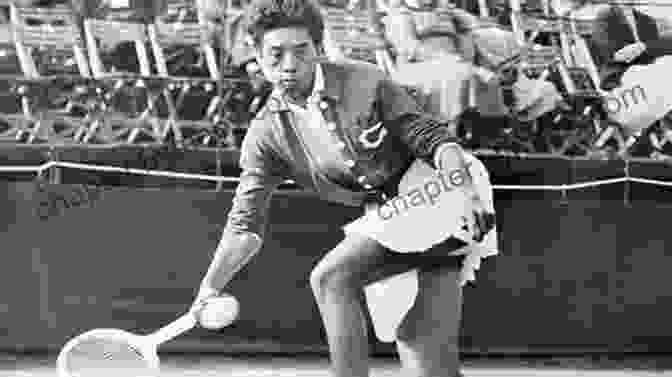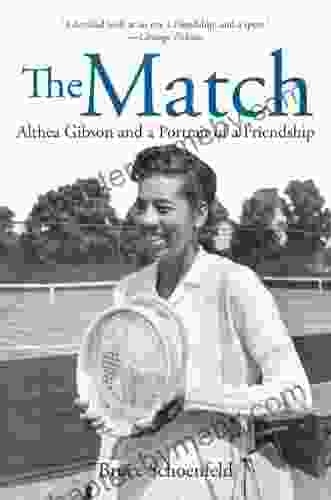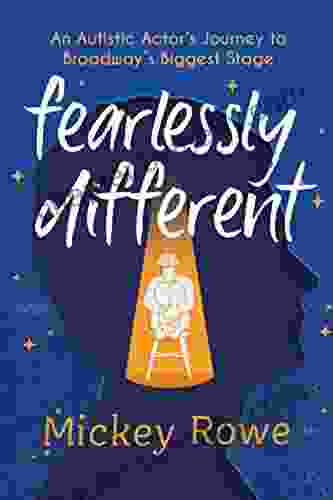In a world where prejudice and discrimination cast long shadows, the life and legacy of Althea Gibson stand as a beacon of resilience and determination. As the first African American to win a Grand Slam tennis tournament, Gibson's journey was marked by both triumph and adversity. Her story is not only a testament to her indomitable spirit but also a poignant reminder of the power of friendship and its transformative impact.
Chapter 1: Early Life and the Roots of Passion
Althea Gibson was born in 1927 in South Carolina, into a family of sharecroppers. Despite facing the challenges of poverty and racism, her love for tennis ignited at a young age. With limited resources, she honed her skills on makeshift courts, using a wooden paddle and discarded tennis balls.
4.3 out of 5
| Language | : | English |
| File size | : | 779 KB |
| Text-to-Speech | : | Enabled |
| Screen Reader | : | Supported |
| Enhanced typesetting | : | Enabled |
| Word Wise | : | Enabled |
| Print length | : | 323 pages |
Chapter 2: Defying the Barriers of Segregation
Gibson's talent was undeniable, but the path to professional tennis was fraught with obstacles. During the Jim Crow era, African American players were excluded from major tournaments. Undeterred, Gibson organized her own "colored tournaments," where she dominated the competition. Her victories caught the attention of Walter Johnson, a wealthy businessman who became her sponsor and mentor.
Chapter 3: Breaking the Grand Slam Barrier
With Johnson's support, Gibson gained entry to the prestigious French Open in 1956. She made history by becoming the first African American to win a Grand Slam title, paving the way for future generations of athletes. Her triumph sent shockwaves throughout the tennis world, challenging long-held beliefs about race and athletic ability.
Chapter 4: A Portrait of Friendship: Althea Gibson and Althea Hunter
Throughout her journey, Gibson found solace and support in the unwavering bond she shared with Althea Hunter, a fellow tennis player. Hunter, who was white, faced her own share of challenges as a woman in a male-dominated sport. Together, they formed an unbreakable alliance, supporting and inspiring each other on and off the court.
Chapter 5: The Enduring Legacy
Gibson's impact on tennis and society extended far beyond her playing days. She became a role model for young African Americans, proving that anything is possible with hard work and perseverance. After retiring from tennis, she dedicated her life to coaching and mentoring aspiring athletes.
Chapter 6: Remembering Althea Gibson: A Timeless Inspiration
Althea Gibson's legacy continues to inspire and captivate generations. Her story is a testament to the power of determination, the unyielding bonds of friendship, and the transformative impact of breaking down barriers.

"Althea Gibson And Portrait Of Friendship" is a captivating and insightful book that delves into the life and legacy of a true pioneer. It celebrates her triumphs on the court, her unwavering spirit in the face of adversity, and the special bond she shared with Althea Hunter. Through a rich tapestry of personal anecdotes, historical accounts, and evocative imagery, this book paints a vivid portrait of an extraordinary woman who changed the course of history.


























































































